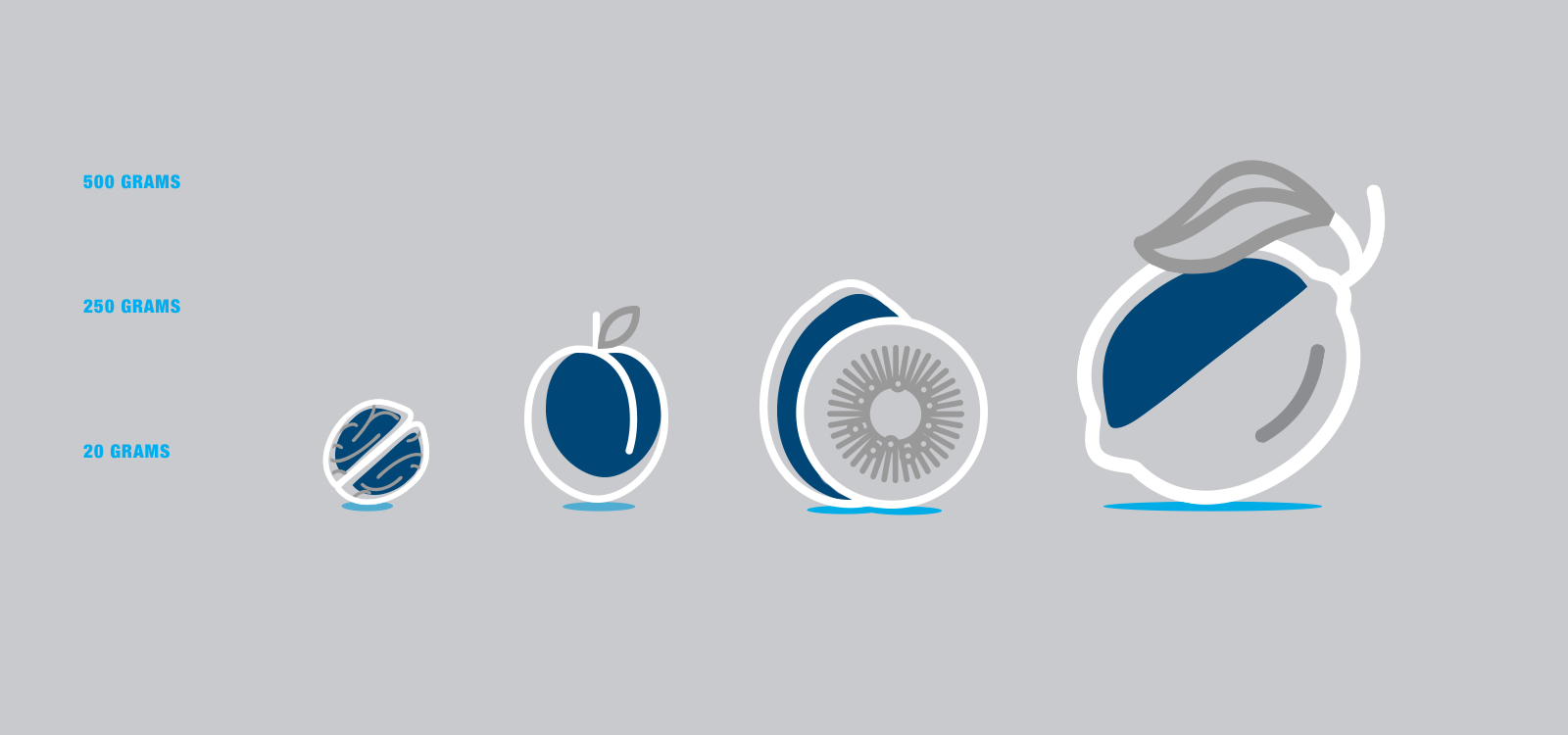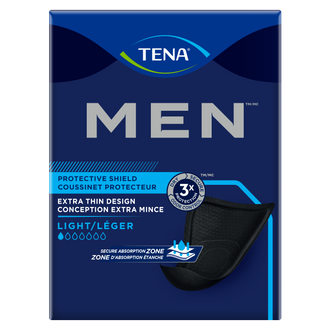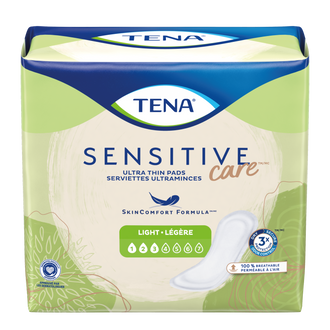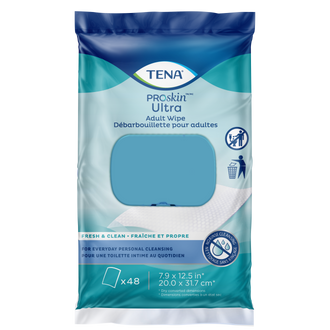Jun 07, 2024
Leaks happen, and they're not just a female affair. Many American men, at least 25%, are familiar with this, even if they don't chat about it over a round of golf or with their urologist.1 But don't let the silence fool you—nighttime male incontinence is a real issue, and it's time to break the emotional silence and tackle it head-on.1
We're here to discuss why this might be happening and what you can do to end those nocturnal leaks.
Understanding Adult Nocturnal Enuresis (Bedwetting) in Men
Nocturnal enuresis (nighttime bedwetting), the involuntary release of urine while asleep2, isn't just a childhood problem—it can persist into adulthood, and it can affect both men and women. Bedwetting in adults may signal underlying bladder control issues such as incontinence or overactive bladder, as well as potentially serious structural concerns like an enlarged prostate or bladder cancer.2
So, if you're grappling with nighttime leaks, know that you're not alone, and looking for help is a proactive step towards managing this condition effectively.
How Common is Male Bedwetting?
Adult bedwetting is not a rare occurrence among men, despite the silence surrounding the issue. In fact, research shows that 1 to 2 percent of adults experience bedwetting, though experts believe this figure might be higher due to the stigma surrounding the issue.2
Instead of keeping it under wraps, it's important to talk about it and consider effective treatments that can decrease the frequency of bedwetting episodes as well as relieve the anxiety associated with nighttime sleep.2
Remember, you're not alone on this journey, and help is available to navigate through it.
Exploring Causes of Male Nighttime Incontinence
Male nighttime incontinence can be caused by various factors, including underlying health conditions, medications, or even structural issues.1
Some of the most common causes of bedwetting can include1:
-
Hormonal causes: At night, your body produces a hormone called Anti-Diuretic Hormone (ADH), which slows down the kidney’s production of urine while you sleep. But, in men with nighttime incontinence, ADH is not produced in enough quantities to slow the production of urine, which could lead to bedwetting.
-
Structural causes: Male incontinence can also signal underlying issues within the urethra, prostate, or pelvis, like urinary tract infections, urinary tract stones, enlarged prostate, prostate cancer, or bladder cancer.
-
Neurological causes: Men experiencing nighttime incontinence may also have smaller functional bladder capacity. This means that their bladder can hold a smaller amount of urine before signaling fullness to the brain. When coupled with conditions like overactive bladder or bladder instability, this reduced capacity can contribute to episodes of bedwetting.
-
Lifestyle causes (medication and diet): Bedwetting can also be a side effect of certain insomnia medications and drugs taken for psychiatric purposes (like Thioridazine, Clozapine and Risperidone). Bladder irritants like alcohol and caffeine can also contribute to bladder instability and act as diuretics to increase the production of urine.
Coping Strategies for Nighttime Incontinence Management
There are many different coping strategies that you can use to manage or reduce the symptoms of nighttime male incontinence. Remember, it’s important to contact a healthcare provider before trying treatment on your own.2 Some management tips you can try include: 2
Use Protective Underwear or Adult Briefs
When it comes to managing nighttime incontinence, protective underwear or adult briefs offer comfort and effectiveness. These products are available in various styles and absorbency levels and are specifically designed for men to provide discreet protection against leaks.
Look for features such as odor control, moisture-wicking materials, and a snug fit to ensure comfort and confidence throughout the night.
Protective Underwear
Protective underwear, like TENA Men Protective Underwear, offers a discreet and comfortable solution if you are dealing with moderate to heavy incontinence. These products are super comfy, just like regular undies, but with that extra oomph to keep you dry and worry-free. TENA Men Washable Protective Boxers offer protection for light bladder leaks and can be washed and reused repeatedly.
Guards
Guards, such as TENA Men Guards, are guards specifically designed to fit into your underwear. They are absorbent, comfy, and keep everything under wraps, so you can go about your day without worrying about unexpected leaks.
Adult Briefs
Adult briefs, like TENA ProSkin Briefs, are designed for those who need maximum absorbency and protection. Perfect for folks dealing with serious leaks, and caregivers looking out for their loved ones.
Choosing your Gear
When it comes to picking the right gear, it's all about your needs and what floats your boat. Whether you're all about the discreetness of guards and shields or need the full-on protection of adult briefs, TENA's got your back.
These products are available in various styles and absorbency levels and are specifically designed for men to provide discreet protection against leaks. Look for features such as odor control, moisture-wicking materials, and a snug fit to ensure comfort and confidence throughout the night.
Ready to check some products out? Dive into TENA's lineup here and find the perfect fit for your leak-busting needs.
Safeguard Your Bed Linens
Protect your bed linens from nighttime accidents by investing in waterproof mattress protectors and easily washable bed covers. These protective layers create a barrier against moisture, preventing stains and odors while preserving the integrity of your mattress and bedding.
Remember to regularly wash and replace bed linens to have a clean and hygienic sleep environment.
Avoid Caffeine Before Bedtime
Caffeine is a diuretic.2 It irritates the bladder and increases urine production, leading to more frequent nighttime urination.2
To reduce the risk of bedwetting, avoid having caffeine-containing beverages like coffee, tea, and soda several hours before bedtime.2 Choose caffeine-free alternatives or herbal teas to help with relaxation and better sleep quality.
Regulate Your Fluid Intake Before Sleep
Balancing fluid intake is essential for staying hydrated while minimizing the risk of bedwetting.
Make sure that you stay sufficiently hydrated throughout the day by drinking water steadily and avoid drinking too many fluids close to bedtime.
Set Up a Bedwetting Alarm System
Bedwetting or wet-detection alarms are effective tools for managing nocturnal enuresis by alerting you to wake up when the bladder signals that it is full.
These alarms typically have a sensor placed in underwear or bedding that triggers an alarm when moisture is detected. Gradually, these alarms can help train the bladder to hold urine for longer periods, reducing the frequency of bedwetting incidents over time.2
Practice Kegel Exercises
Kegel exercises strengthen pelvic floor muscles, supporting bladder control and reducing urinary leakage especially dribbling after urination.3
You don’t need special equipment to perform Kegels. You can also consult with a physical therapist who is trained in pelvic floor therapy that could help you improve your core strength to get the most out of your Kegel exercises.3
Establish a Consistent Bedtime Routine
A consistent bedtime routine may promote relaxation and readiness for sleep while helping manage nighttime incontinence. You can also incorporate double voiding into your bedtime routine. Double voiding means emptying your bladder once before getting ready for bed, then again right after your usual bedtime routine.3
Stop Smoking
Smoking increases the risk of incontinence as it can strain the pelvic floor muscles due to frequent coughing.3
Maintain a Healthy Weight
Excess weight can weaken pelvic floor muscles and increase pressure on the bladder and contribute to nighttime incontinence.3 Maintaining a healthy weight through regular exercise and a balanced diet can help reduce this pressure and improve bladder control.1
Seek Support from a Healthcare Professional
Don't hesitate to get from a healthcare professional for personalized advice and potential medical interventions.
A healthcare provider can help identify underlying causes of nighttime incontinence and develop a tailored treatment plan to address your specific needs. From lifestyle modifications to medication options, exploring all available avenues can lead to effective management and improved quality of life.
References
1. Urology Associates. ‘The guys guide to male incontinence’. 2018. Accessed 17 May 2024. Available from: https://www.denverurology.com/urology-blog/guys-guide-male-incontinence/
2. Corewell Health. ‘Adult bedwetting (Enuresis)’. 2024. Accessed 15 May 2024. Available from: https://www.beaumont.org/conditions/enuresis
3. NHI. ‘Treatments for Bladder Control Problems (Urinary Incontinence)’. 2021. Accessed 17 May 2024. Available from: https://www.niddk.nih.gov/health-information/urologic-diseases/bladder-control-problems/treatment
4. National Association for Continence.’6 tips for sex and dating with incontinence’. 2024. Accessed 17 May 2024. Available from: https://nafc.org/bhealth-blog/6-tips-for-sex-dating-with-incontinence/







